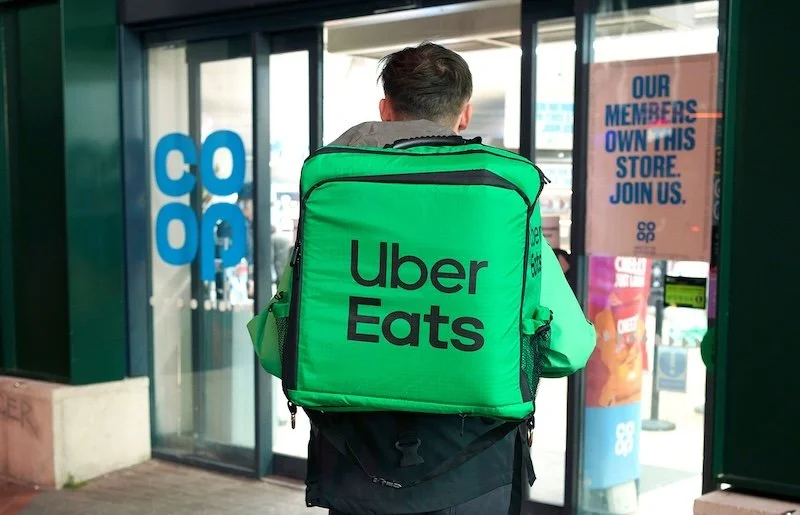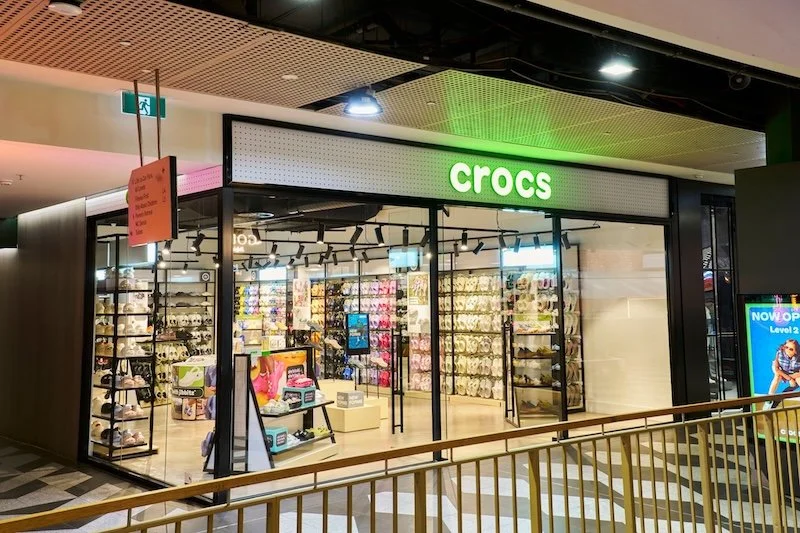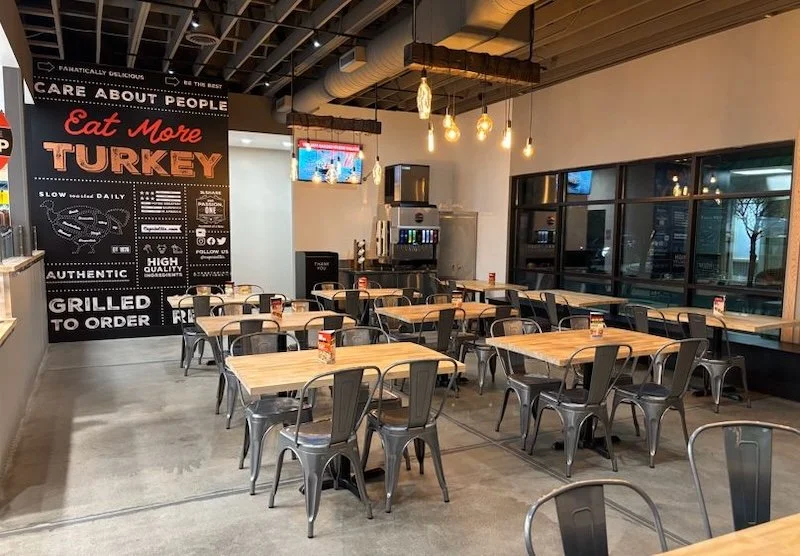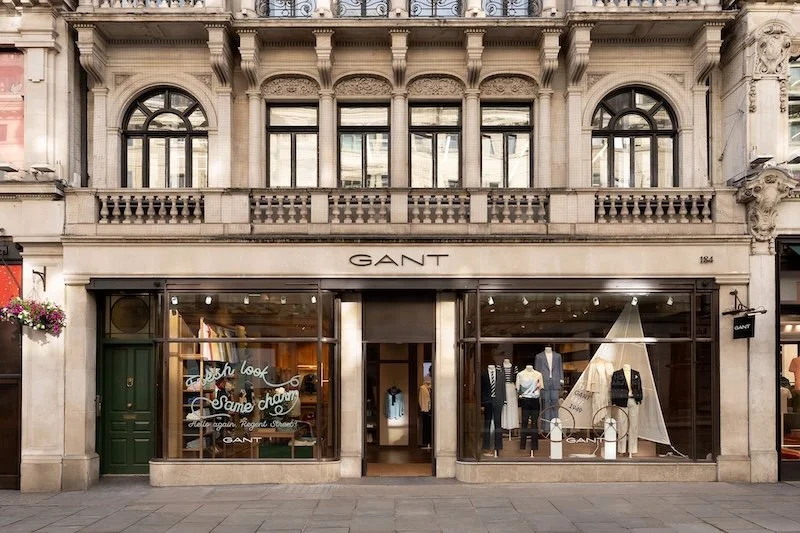What will happen to the retail sector in post-Brexit Britain?
By J.S. von Dacre, a commentator and correspondent for the Immigration Advice Service
A recent report from Retail Economics and Squire Patton Boggs found that over a third of retailers are unprepared for the impact of Brexit. All the companies in the study said that a no-deal exit from the EU would be “damaging to their trade.”
Richard Lim of Retail Economics said: “Retailers identified disruption to supply chains, labour availability and tariff costs as their three biggest concerns of a no-deal, yet just two in five said that they had identified any way to mitigate against these additional costs.”
As Brexit negotiations continue to stall, there are few clues about what the future of Britain will look like. Amid mounting concerns about UK-EU relationships, there has been little talk about the ramifications of what a no-deal Brexit could spell for the retail industry.
EU labour force
The area that is set to be hit the hardest in this conundrum is the working labour force. The Confederation of British Industry (CBI) reported that the retail industry has around 170,000 EU workers, which accounts for 6% of workers. The problem with this is that, when the ‘skills-based’ immigration plan comes into effect in 2021, retail workers will struggle to meet the £30,000 minimum income requirement for a Tier 2 Visa.
Exacerbating matters, the retail industry has been facing significant blows since the customary bricks and mortar shops have been overshadowed by the meteoric rise of online shopping. As such, the future of these store jobs is already somewhat unstable, yet when coupled with the prospect of no longer having easy access to the EU labour force, employers and recruiters potentially have an even bigger hurdle to overcome.
EU nationals who already reside in the UK will be able to continue to remain under the EU Settlement Scheme having gained Settled Status. Despite this, employers may find themselves imbued in miles of bureaucracy in the process – particularly when free movement ends on 29th March and European entrants will be required to file for ‘European Temporary Leave to Remain’ status, which will then lapse altogether at the end of 2020.
Even in the event of a no-deal, EU citizens are eligible to maintain similar rights to those that they currently have in terms of working, studying and living in the UK. The emerging problem with this for retailers, however, lies in the fact that the temporary status does not guarantee EU nationals permanent residency or employment. As the Home Office states: “there may be some who do not qualify under the new arrangements and who will need to leave the UK when their leave expires” and stringent rules come into effect.
After this, employers will be required to submit and pay for a Sponsor Licence application. This will provide the employer with a Certificate of Sponsorship (CoS) to give to their non-UK employee, acting as a ‘Sponsor’ for their visa application. Altogether, it is a long, lengthy, and costly affair, and one which many smaller UK retailers will simply be unable to afford or manage.
Increased taxation issues
One of the major areas of concern is the effect that a no-deal Brexit will have on tariffs. In 2017, over 50% of imports were from the EU and over 40% of all UK exports went to the EU. The consequences of not being able to trade freely could be insurmountable.
In terms of retail, tariffs could be levied on goods, which would lead to an increase in costs. Experts have speculated that it could cost the industry around £8 billion in additional fees alone. According to Retail Economics, a 30% fee could be added to chocolate, while meat and dairy products could face an 80% tariff.
Countries such as France has also said there will be plans to conduct thorough checks on all goods that have not been exported from the EU. Such measures would promote further delays and costs with the trading of goods.
Supermarkets such as Sainsbury’s and M&S have highlighted the risks of goods shortages and have already indicated that any increase in their costs will be passed on to their customers.
Under the World Trade Organisations rules, the UK may have to revert to the “most favoured nation” status, whereby one country gives special privileges to another country when it comes to issues such as lower tariffs.
This rule, however, stipulates that this must then be extended to all countries. If the UK decided to have no tariffs for EU trade deals, it will then have to offer the same deal to every country that it does trade deals with – a prognosis that could severely hamper the retail industry.
While the future of Brexit and Britain hangs in a precarious balance, trade and labour will undoubtedly be affected either way. An increase in the costs of the supply chain means costs of all goods would, inadvertently, see a hike in prices for the consumer.
The retail market has already suffered terribly due to currency fluctuations that were triggered by Brexit, bringing huge increases in the price of products made abroad – potentially obliterating profitability.
Without readdressing the post-Brexit immigration plan and putting the correct provisions in place to block a no-deal (or bad deal) Brexit, many well-known brands and local, smaller shops could face the possibility of collapse and closure, painting a very bleak picture for the future of the UK High Street.










Continue reading…